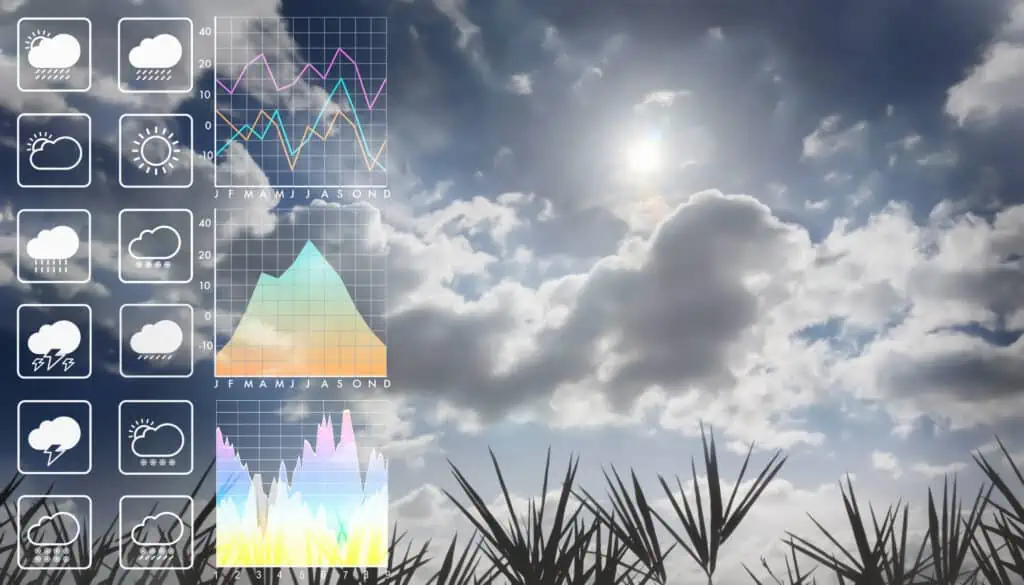We talk about the weather’s effect on the energy market a lot here at BPE. Here are a few ways weather can influence energy prices:
Heating and Cooling Demand
Weather conditions directly affect the demand for heating and cooling in residential and commercial buildings. When we see extremely cold or warm temperatures, the demand for heating oil, natural gas, and electricity increases significantly driving up energy prices.
Seasonal Variations
Each season brings distinct weather characteristics that affect energy consumption. Winter’s cold temperatures bring high heating demand and in turn driving up natural gas and oil prices. Summer brings high demand for air conditioning and higher electricity prices.
Renewable Energy Generation
Weather conditions play a key role in renewable energy generation, especially for wind and solar power. The more sun at a solar farm, the more electricity production. The more wind, you guessed it – the more wind power generation. Long periods of low wind, cloud cover, and severe storms greatly impacts the availability and cost of renewable energy
Natural Disasters
Hurricane, tornadoes, and extreme thunderstorms can disrupt energy infrastructure like power lines, pipelines, and refineries. During Hurricane season, we always watch out for the Gulf of Mexico as 4 of the nations largest oil refineries are located along the Gulf Coast.
The impact of weather on energy prices varies upon the region and energy sources predominantly used. For example, New England relies heavily on heating oil and liquified natural gas (LNG). In general, weather conditions have a significant influence on energy demand, supply, and prices.
As always, contact your Energy Advisor to learn more.
